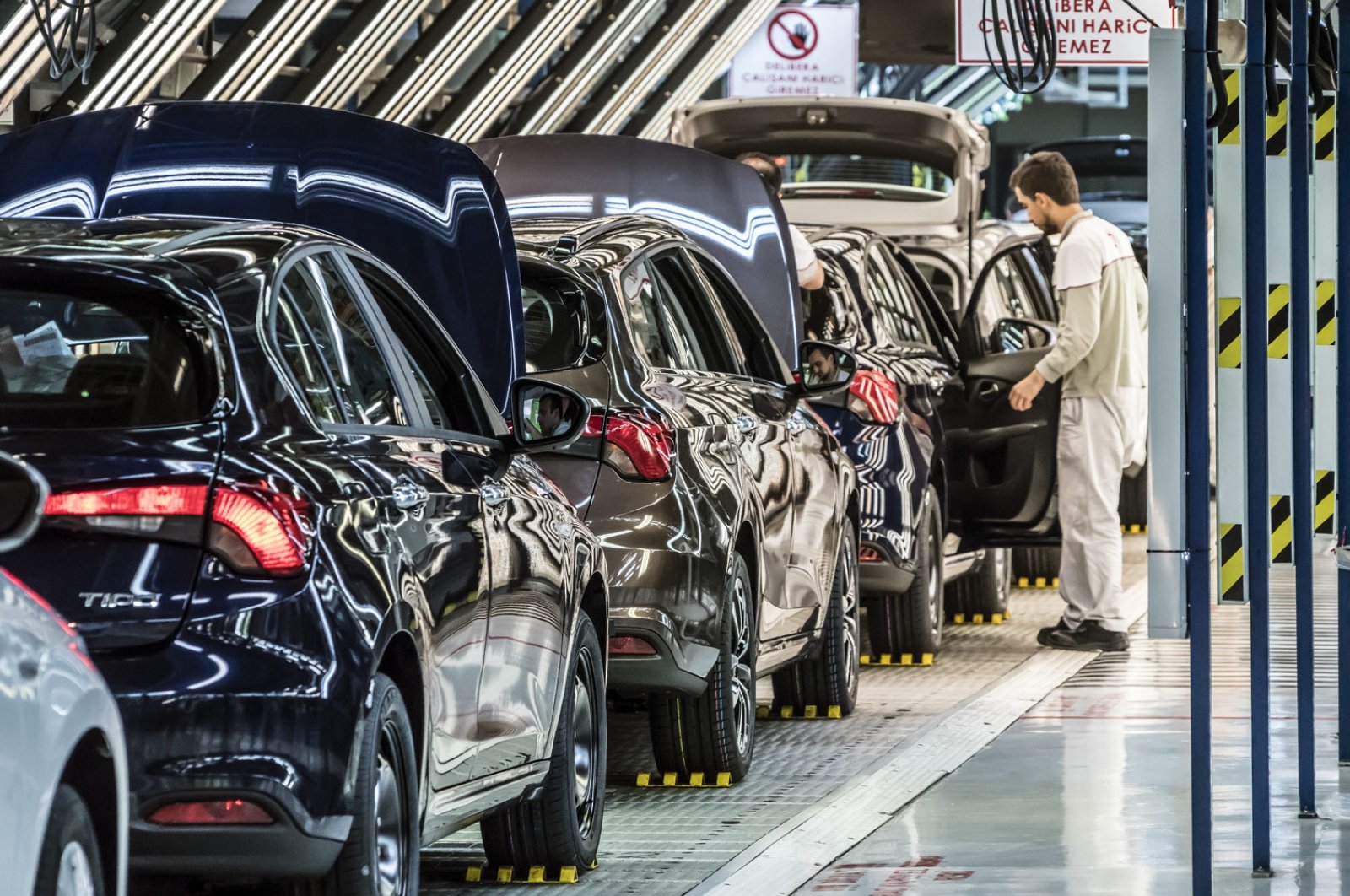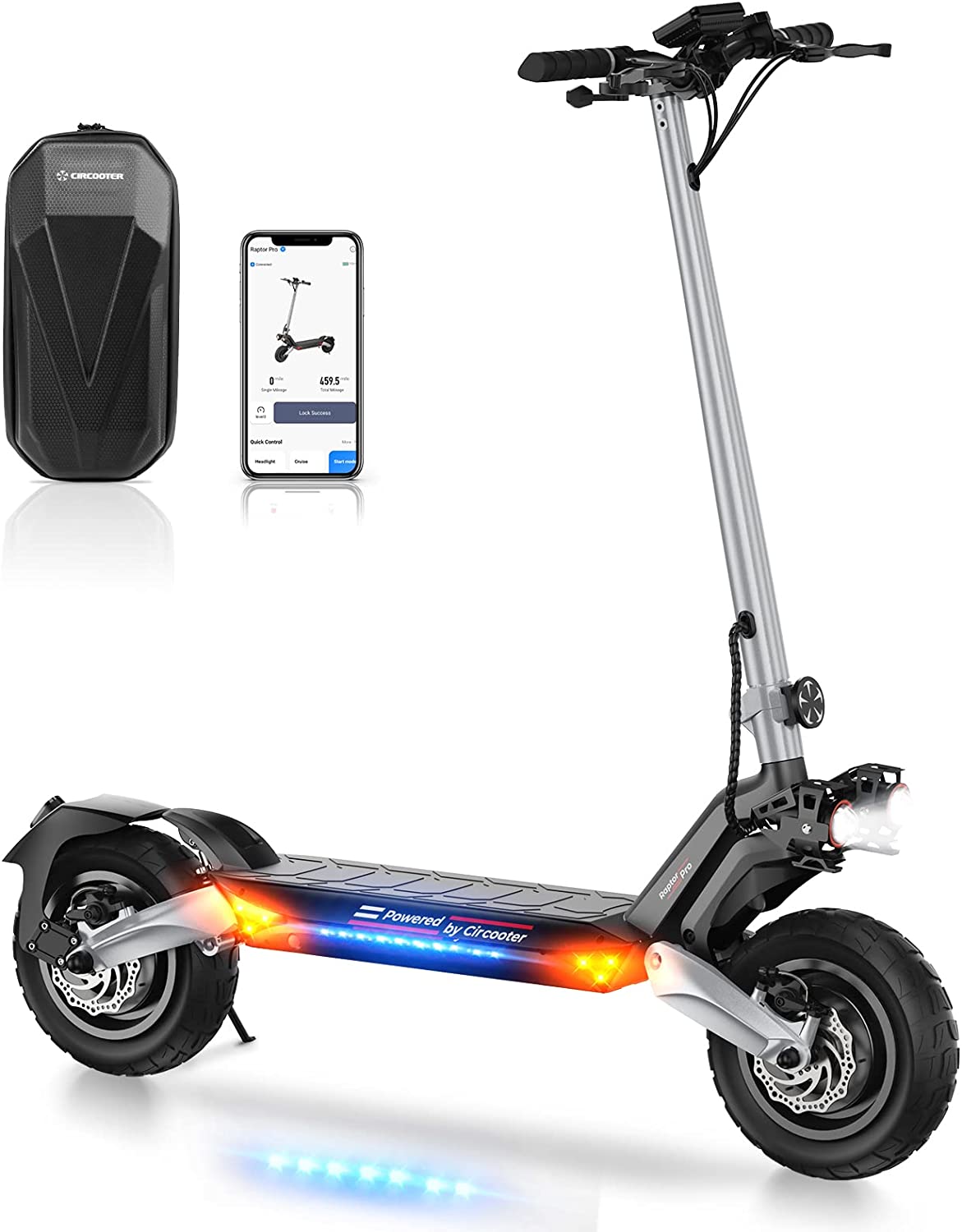There’s no trip as special and unique as a long road trip with your loved ones. It’s just you and your family on the road, traveling that distance together mile by mile. You need to be able to rely on your car to carry you all that way, too. Many things can go wrong with your vehicle and derail your whole vacation, or even put your family in danger.
Driving always brings some risks with it, and sometimes a car accident is inevitable. If it comes to it, you may need a car accident lawyer to help protect you and your family. However, there are steps you can take to reduce your risk of having trouble on the road and prepare yourself for anything that might go wrong. Put safety first by using this guide to make sure your car is in good shape before you start your next trip.
Table of Contents
Tire Pressure
A few days before the start of your trip, you should do a brief inspection of your car to check for the most common sources of trouble. The first thing to check is your tire pressure. Newer cars will have a dashboard light that lets you know when a tire is low, but you can’t always rely on the sensors. Check the manual for the optimum pressure for your tires and fill them up to that level if they’re short.
Running on low tire pressure increases the chances of a sudden blowout on the road, which could be dangerous if it happens in the middle of traffic on the highway. Checking your tires can also help you catch possible leaks before you start the trip. Fill them up several days before you leave and check them a few times to be sure they’re not losing air.

Oil Levels
Check the date of your last oil change, and make sure you’re not overdue. You’re about to drive a lot of miles at once, so you want to make sure your car is in optimum condition for that work. Even if you’ve recently had an oil change, use the dipstick to verify that the engine has a normal amount of oil. Add oil to bring it up to an average level if necessary and watch for leaks. Consider bringing an extra supply of oil in the car along with you. Buy here pay here
Your engine needs a consistent supply of oil to work efficiently, and you’ll very quickly be dealing with a serious breakdown if you run out. Regularly changing your oil is essential to keep your engine performing well and prevent dirt and sludge from building up.
Coolant Supply
Inspect your antifreeze supply and make sure your car has enough to continue maintaining an average temperature. When you lift the hood, you should see a plastic tank with a fill line marked on the side. That’s your coolant tank, and you’ll need to buy some more to fill it up if its supply is low.
Without a reliable supply of coolant/antifreeze, your car will start overheating on the road, and you’ll have to pull over to let it cool down. If you keep driving when your vehicle is overheating, it may either automatically shut off, or some parts of the engine could sustain severe damage. If there’s a leak and your coolant seems to drain at an alarming rate, you should take it to get it fixed as soon as possible.

Checking Treads
While you’re checking your tires for air, look at the treads on the tires themselves and find out how worn down they are. If you measure tire tread and the grooves aren’t as deep as they should be, you may want to rotate the tires or replace them.
The grooves in your tires are essential for giving your car good traction and control as you drive, especially when dealing with a lot of water on the road. If you let them wear down too far, you increase the risk of losing control of the car and getting into an accident.
Tools for Emergencies
The final thing you should do before leaving on your trip is to check your car for all the essential tools you’ll need to deal with potential problems that could arise later. You should at least have jumper cables, a jack, your spare tire and everything else you’ll need to swap the tires out.
If you notice anything concerning as you’re getting your car ready, or if it’s been a long time since you’ve had any professional maintenance done, you should take it into the shop to get it checked.







